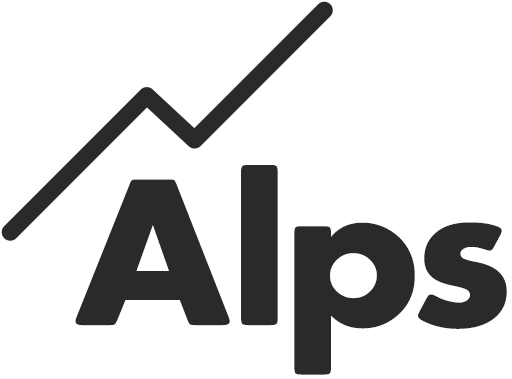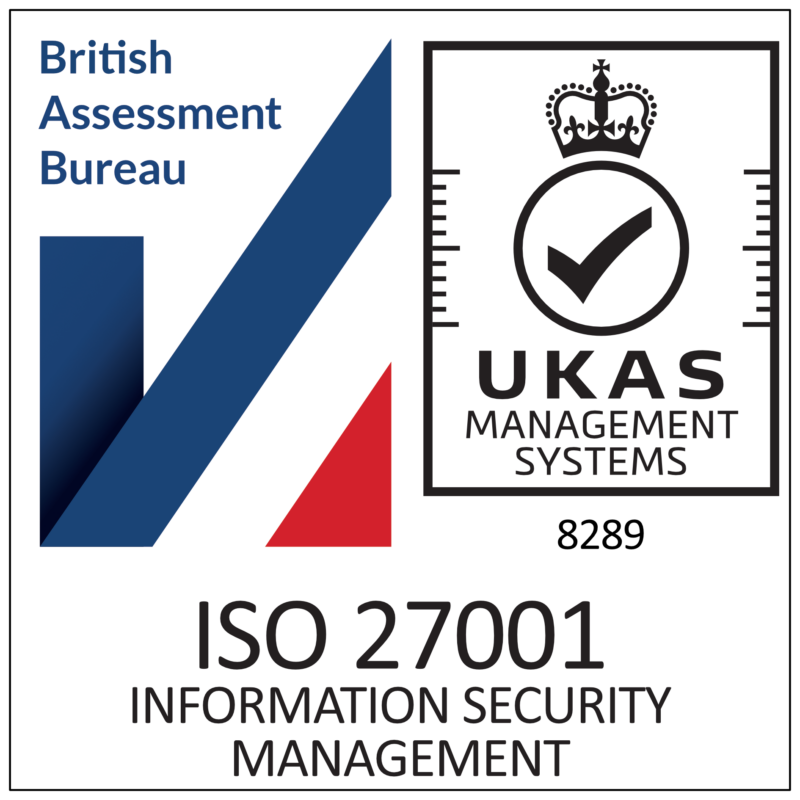Navigating data across a MAT
As a MAT leader, navigating assessment data across your schools is essential but it can be complicated and time-consuming. Here, Sue Macgregor from Alps, shares top tips on how Trust leaders can better manage the process.
One system, one language
There are many benefits to a single data tracking system embedded across all schools in a Trust. The first is that a common data system will support the development of a common language across all schools in that Trust, creating a uniform approach to many aspects of the raising standards agenda. For example, it could support the generation of a unified target setting strategy, where all staff and students, regardless of school, are clear on how targets have been determined and on how progress towards these targets will be tracked.
Common assessment cycles
Outcomes from examination results are essential in allowing MAT leaders to establish priorities across the Trust, however, a data system should also support the Trust in making interim checks on the projected progress of their schools across the whole academic year.
The creation of a parallel assessment cycle, across numerous schools, presents many challenges. Therefore, any centralised data system must be flexible enough to allow schools some autonomy over when they collect and track data, alongside the needs of the Trust.
School leaders require a data tracking system which allows some degree of autonomy and one which can be tailored to their specific setting. Each school may have different needs in terms of the student groups that they track, and leaders will want to define the type of progress data to be collected and analysed. They require their staff to determine intervention priorities which will guide their learning and teaching strategies in lessons.
However, school leaders also have a responsibility to the Trust. They must provide data analysis which allows MAT leaders to compare strengths and weaknesses across all schools quickly, and facilitate them in asking the right questions at the right time, to hold each school to account. This is most efficient when all schools have some crossover between their quality assurance processes and in the language that they use when discussing their tracking data.
Accessibility
Analysis of progress data should be made as simple and as efficient as possible. Data can accrue rapidly and MAT leaders must be able to access their school tracking systems quickly and be sure they are comparing like for like in terms of progress indicators. Again, this centralised approach will mean leaders can determine priorities across the Trust and ensure that resources are distributed successfully to benefit all young people across the group.
Curriculum decisions
Through a centralised MAT data system, leaders can review the curriculum offer across all schools. With increasing financial pressures on schools and Trusts, a strategic overview is crucial to build a curriculum model which best meets the needs of the young people in the schools and colleges across the Trust. Leaders must be armed with information, such as the range of courses offered by individual schools, student numbers, and historical progress trends.
Data analysis outcomes
In summary, embedding a common approach to data tracking across a Trust will ensure that MAT leaders can support and support school leaders whilst holding them to account. In addition, it will encourage the set-up of rigorous assessment cycles.
A centralised system can contribute to the establishment of a culture of school-to-school support. With the sharing of data comes the sharing of best practice. MAT leaders told us that they wanted a system to enable them to understand how to drive improvement across all schools in the Trust. In essence they wanted to be able to:
- identify schools and subject areas where practice is strong
- identify schools and subject areas where practice is having less impact on progress
- facilitate the communication of good practice led by those stronger schools and subject areas
- ensure that there are clear intervention priorities and development plans generated from these sessions, which are centred around improving progress outcomes for students
- quality assure the impact of agreed intervention through the rigorous analysis of subsequent data sets
An outstanding data system is the tool which MAT leaders can use to drive effective learning and teaching strategy across the Trust so that their students are given a consistent and equal opportunity to thrive.
Sue Macgregor, Director of Education and Product Development at Alps.
Find out more:
Alps Summit is a new MAT platform which will enable Trusts to strategically analyse and review performance across multiple schools in a simple, easy, and effective way. It provides the framework to establish a uniform approach to the tracking of progress and is the perfect partner to Alps Connect, providing schools with autonomy over their own data (try Alps Connect Interactive free for 30 days with sample data and quick start onboarding at alps.education/try-connect
Alps Summit was developed with the support of MAT leaders, under the guiding principles set out in this article. For more information about Alps Summit, please visit alps.education
Need more information?
If you would like any further information, please contact one of our expert advisers.


